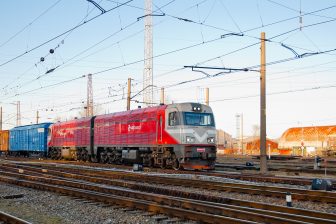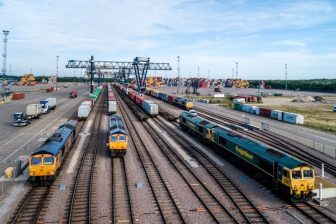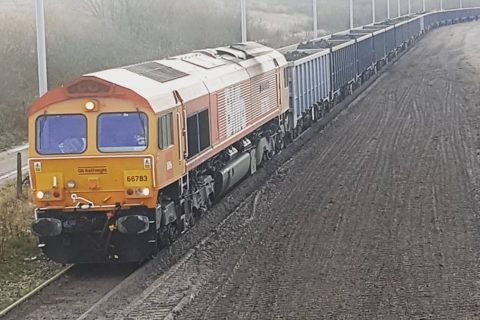
British Biffa bashes on with waste by rail
Biffa, one of the UK’s leading waste management companies, has been collaborating with GB Railfreight since 2018 to move household and commercial waste out of London using rail transport. With the expansion of the London “ultra low emissions zone,” which is making road transport less attractive, the rail operations have proven to be an environmentally friendly way to move any cargo, including waste materials. The company says it is on target to transport 50 per cent of its input to landfill by rail by 2025.
According to Biffa, in the first few years of operations, the collaboration with GB Railfreight saved 6,600 tonnes of CO2 emissions by switching to the usage of rail links for the transportation of predominantly inert waste material to its recycling and recovery facilities. This partnership began as part of Biffa’s strategic rail partnership with GB Railfreight to increase its capacity for transportation via rail, thereby reducing its reliance on road haulage.
Develop further rail solutions
Since 2019, Biffa has successfully transported over 600,000 tonnes of inert waste by rail. In addition to the London operations, rail links were created with the northern cities of Manchester in 2017 and Leeds in 2018 to allow waste to be transported to Biffa’s landfill facility in Roxby, near Scunthorpe. Data has demonstrated a saving of over 11 million kilometres in tipper truck journeys by using rail, and 6,600 tonnes of CO2 emissions. Biffa’s commitment to reducing carbon emissions forms part of a wider initiative by the company to tackle climate change, which underpins Biffa’s long-term sustainability strategy, called ‘Resourceful, Responsible’. As part of this, the company has set a new target to transport 50 per cent of its input to landfill by rail by 2025, which looks set to be achieved.
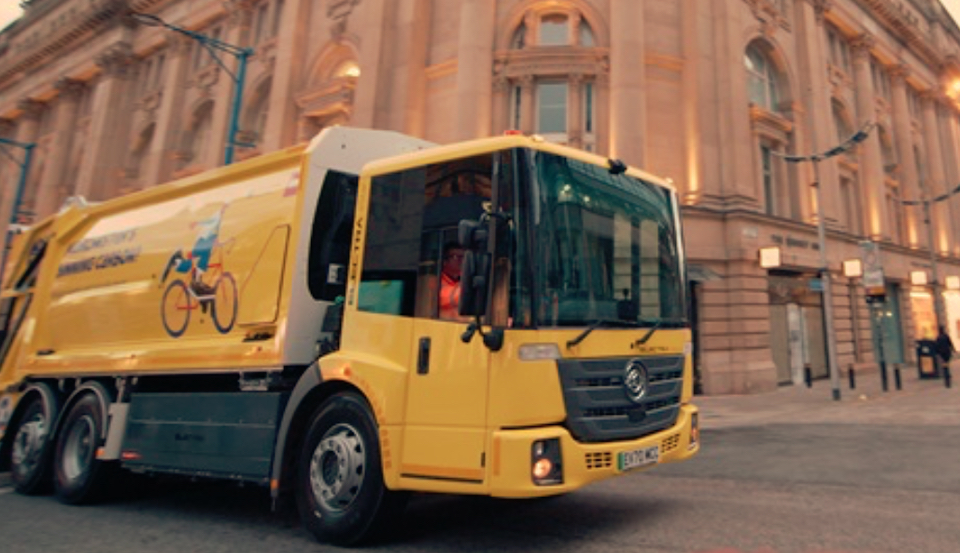
“We are delighted to be Biffa’s partner in supporting them to reduce their carbon emissions”, said John Smith, managing director at GB Railfreight. “We look forward to continuing to develop further rail solutions with them to achieve their target of delivering 50 per cent of waste on rail.” With the continued collaboration between Biffa and GB Railfreight, it is hoped that the reduction in CO2 emissions will continue, making a significant contribution towards the UK’s efforts to combat climate change, and meet stringent legislation to make the economy net-zero by 2050.
Half by rail by 2025 target
In the last few years, Biffa has been developing its rail transport capabilities, transporting up to 27 per cent of its specialist waste types destined for landfill by rail. “Reducing our emissions has been a fundamental part of our business strategy”, said a statement from Biffa. “Over the past years, and we are continually evaluating how to sustainably optimise our operations. This achievement is a small but important step towards meeting the ambitious targets set out in our new sustainability strategy, which targets transporting 50 per cent of our waste to landfill sites by rail by 2025. We’re looking forward to the results with upcoming rail links and the overall aim to tackle climate change in the UK.”
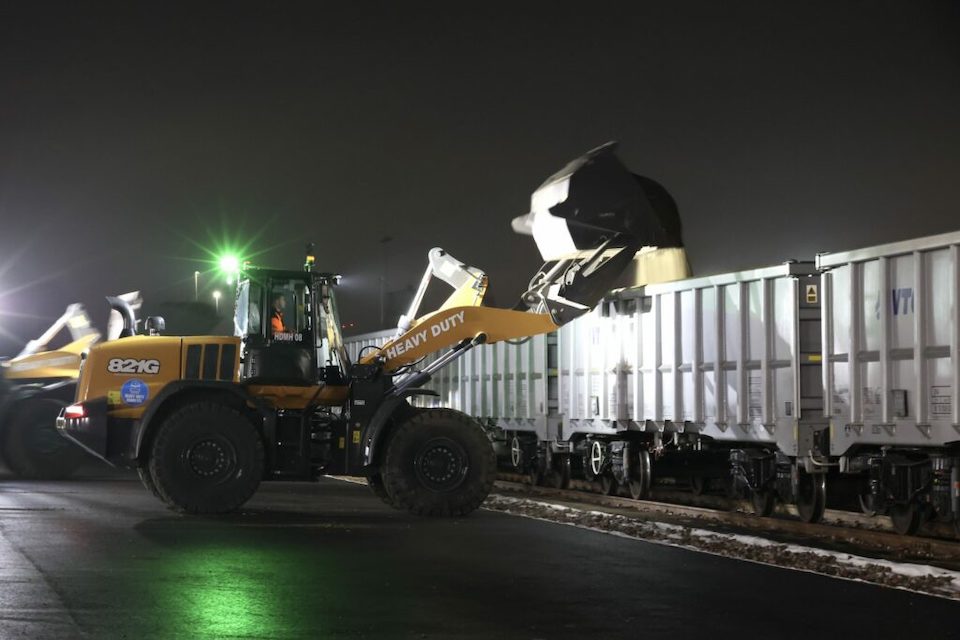
Transportation and logistics remain an essential part of the service that Biffa provides, and the company is committed to continually reducing its impact in this area to curb emissions produced from its vehicles and improve air quality in towns and cities. Fuel usage accounts for a significant fraction of of Biffa’s carbon footprint, including approximately 90,000 tonnes of CO2 from the use of diesel alone. To help mitigate that, the waste management specialists added an extra 250,000 tonnes of capacity per year when they opened their third site in London at the end of 2020. The rail-served facility has proved effective in the drive towards the self-imposed target of half by rail by 2025. In the current environmental climate, that seems anything but … a waste.


